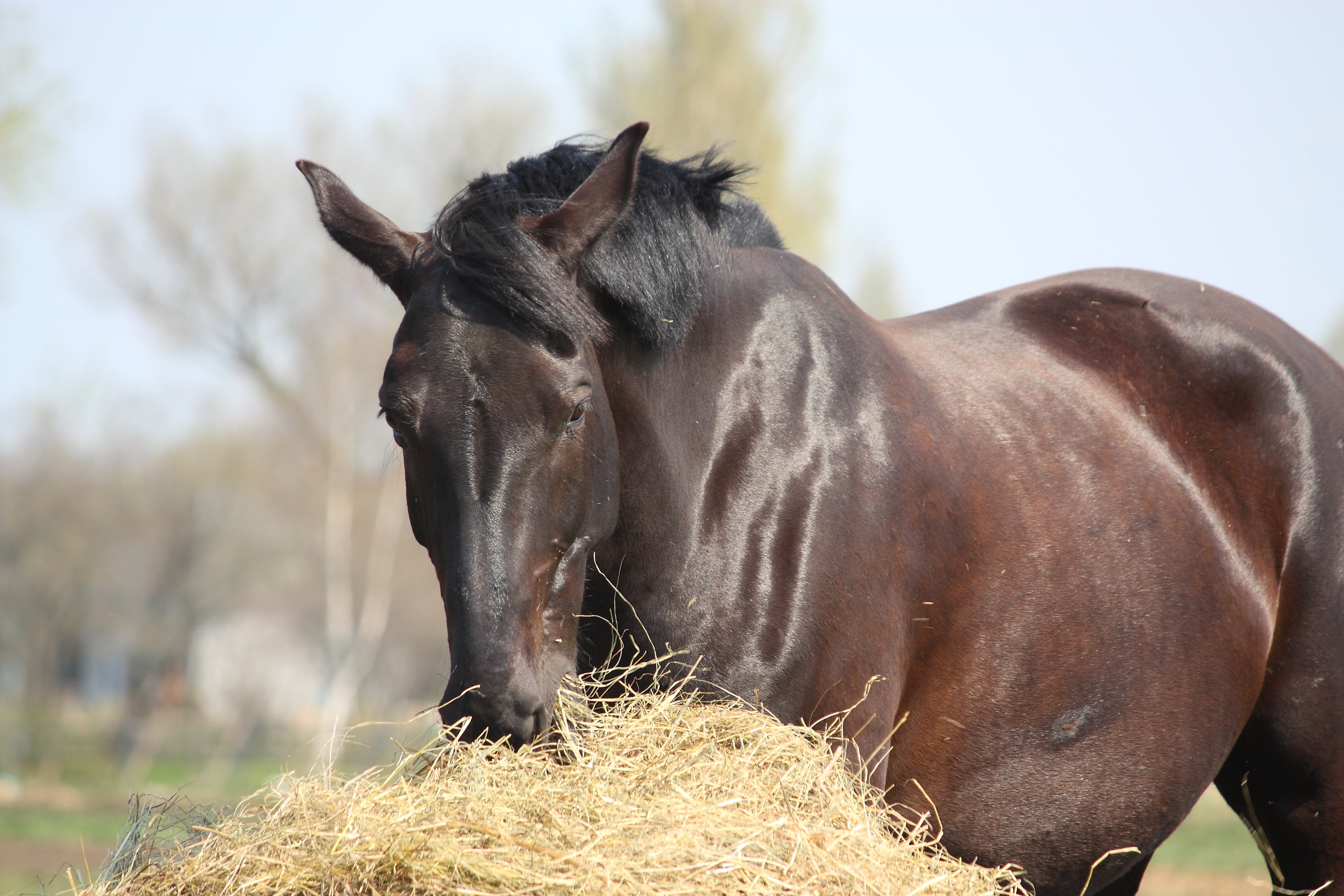Home > Horse Care > Understanding anemia in horses
Understanding anemia in horses
- August 3, 2023
- ⎯ Editors of EQUUS
Q: Do horses become anemic? My 10-year-old Quarter Horse gelding has gotten increasingly sluggish and lazy over the past few months. He is a little plump, but not obese, and got a clean bill of health when he had his annual veterinary examination at the beginning of the year. He shows no signs of illness. His appetite is good and he has access to fresh, clean water at all times and drinks plenty of it. A friend mentioned that my horse might be low on iron and suggested that I put him on an iron supplement. Is this something worth trying?
A: Anemia is a decrease in the total amount of red blood cells (hemoglobin) in the body, which reduces the ability of the blood to carry oxygen to body tissues. And yes, horses can become anemic.

The main causes of anemia in horses are blood loss (usually from injury, but also from conditions like cancer or gastric ulcers), blood-cell destruction and reduced red blood cell production. Some infections, including equine infectious anemia, babesiosis and trypanosomiasis, lead to the destruction of red blood cells. Also, internal parasites—particularly large strongyles (also known as blood worms or red worms)—may damage tissue to the extent that blood loss leads to anemia. Finally, cancer, chronic kidney disease and several other disorders can interfere with the body’s ability to produce red blood cells. Signs of anemia in horses include pale mucous membranes and increased heart rate.
Click here to determine your horse’s risk of gastric ulcers.
Iron-deficiency anemia is extremely rare in horses because they usually get sufficient amounts of the nutrient from their hay, pasture and other feed. The average horse needs 400 to 500 mg per 500 kg of body weight of iron per day according to National Research Council (2007) recommendations. Iron is a vital nutrient that not only facilitates oxygen transport but also supports metabolic and immune system functions.
Although most equine mineral supplements contain iron, the feeding of large additional amounts of this trace element to horses is generally not recommended. Excessive iron intake can lead to diarrhea, depression, compromised immune function and other health problems. Further, abnormally high iron levels can interfere with the body’s ability to absorb other minerals, and recent research suggests that elevated iron levels may increase a horse’s risk for developing equine metabolic syndrome/insulin resistance.
To sum up, iron deficiency-related anemia is rare in horses and it most often arises secondary to severe (external) blood loss. Several other factors may make a horse seem sluggish, and it is important to find the cause of the problem. You mentioned that your horse had a physical exam several months ago; I recommend having your veterinarian conduct another complete veterinary workup to determine whether an infection, illness or injury is influencing your horse’s desire to exercise and work. Depending on the findings of that exam, the next step might be a consultation with an equine nutritionist to help analyze your horse’s diet.
Gulsah Kaya Karasu, DVM
AGG Equine Nutrition Consulting
Haarlem, The Netherlands
Don’t miss out! With the free weekly EQUUS newsletter, you’ll get the latest horse health information delivered right to your in basket! If you’re not already receiving the EQUUS newsletter, click here to sign up. It’s *free*!





